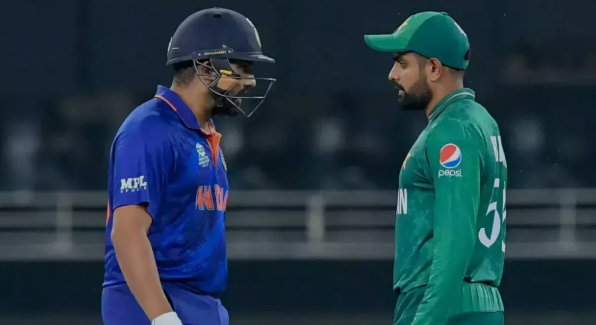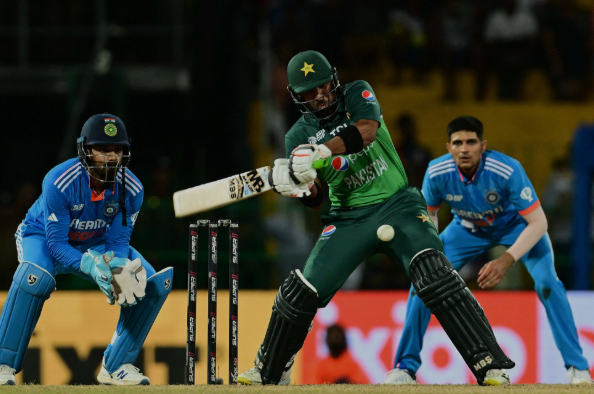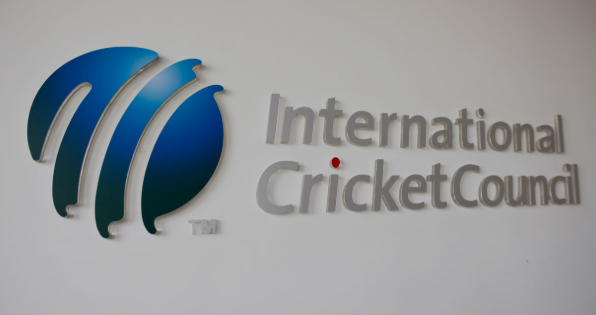
The diplomatic fallout between India and Pakistan following the deadly terror attack in Pahalgam, Jammu and Kashmir, has taken a significant turn in the world of cricket. With relations between the two nations at an all-time low, the Board of Control for Cricket in India (BCCI) is considering a complete boycott of Pakistan, which includes no future cricket matches between the two countries. This move could have devastating consequences for the Pakistan Cricket Board (PCB), both financially and structurally.
Boycott of Cricket Matches: A Lasting Consequence
The breakdown in diplomatic relations has sparked outrage within the cricketing community, with former cricketers, including ex-India captain Sourav Ganguly, calling for a complete boycott of Pakistan in cricket. This boycott, if enforced, would mean that no India-Pakistan cricket matches would take place, not just in bilateral series but also in ICC events like the World Cup.
An India-Pakistan match is widely regarded as one of the most anticipated sporting events globally. It’s more than just a game; it’s a spectacle that draws millions of viewers and generates immense revenue. If India were to pull out of these contests, the financial impact would be far-reaching, particularly for the Pakistan Cricket Board.

The Financial Impact on Pakistan Cricket
The economic implications for the PCB would be nothing short of catastrophic. The India-Pakistan rivalry generates a massive amount of revenue, not just through ticket sales but through television broadcast deals, advertising, and sponsorships. According to the Federation of Indian Chambers of Commerce and Industry (FICCI), India-Pakistan matches have generated an estimated Rs 10,000 crore ($1.3 billion) over the past two decades.
Broadcasting rights for these matches are some of the most lucrative in the sport. In the 2023 Champions Trophy in Dubai, Indian companies were willing to pay Rs 50 lakh for just a 10-second ad spot during the Indo-Pak game.

The PCB’s Dependence on India’s Funds
The PCB’s financial dependence on India’s cricketing industry is substantial. The International Cricket Council (ICC) revenue-sharing model for the 2024-2027 cycle sees Pakistan as one of the biggest beneficiaries, receiving 5.75% of ICC’s revenue, which amounts to about $34.51 million. However, this funding is largely driven by the money India generates for the global cricket body.
Without the financial boost from India, the PCB would struggle to survive, as it relies heavily on the funds provided through the ICC revenue-sharing model. Additionally, the loss of India-Pakistan matches in global events like the World Cup would directly impact the ICC’s revenue, leading to a loss of funds for the PCB as well.
The Future of Pakistani Cricket Without India
Although an Indian boycott wouldn’t bring Pakistan cricket to a complete halt, it would undeniably cause significant disruption. Major international events like the World Cup or the ICC Champions Trophy would be affected by the absence of Indo-Pak matches, diminishing their commercial appeal.
The loss of India-Pakistan matches would also harm the PCB’s long-term growth prospects. The financial hit from lost sponsorships, broadcast rights, and gate revenues would make it increasingly difficult for Pakistan to maintain its competitive edge in world cricket.

